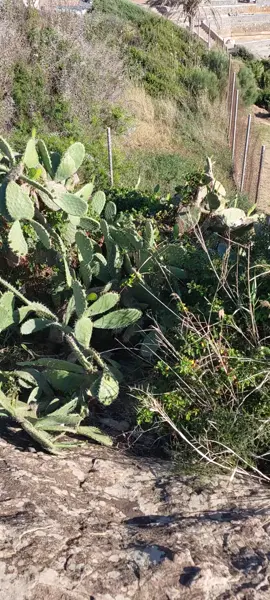💔 بے وفا لوگ 🥀
Region: PK
Friday 23 August 2024 18:40:22 GMT
502
79
2
1
Music
Download
Comments
M Shahzad Ali 20 :
🥰🥰🥰
2024-08-23 18:57:37
0
jabran king 102 :
❤️❤️❤️
2024-08-23 18:46:42
0
To see more videos from user @adnan_write03, please go to the Tikwm
homepage.





